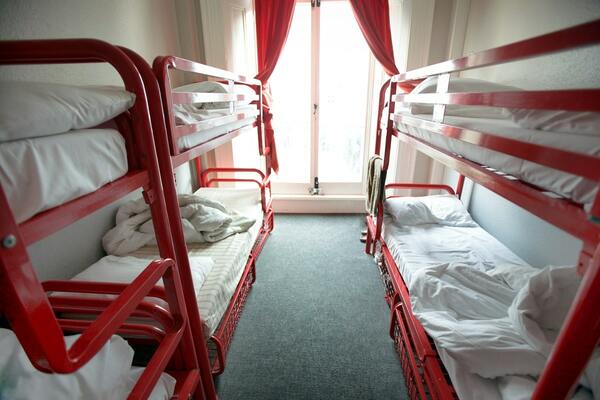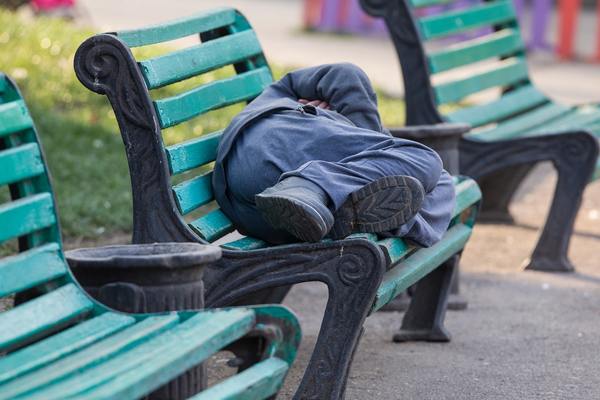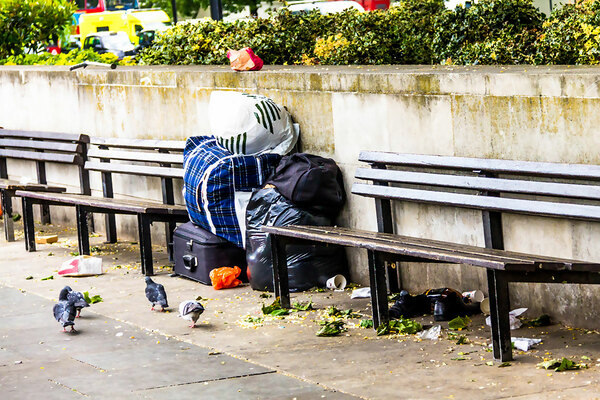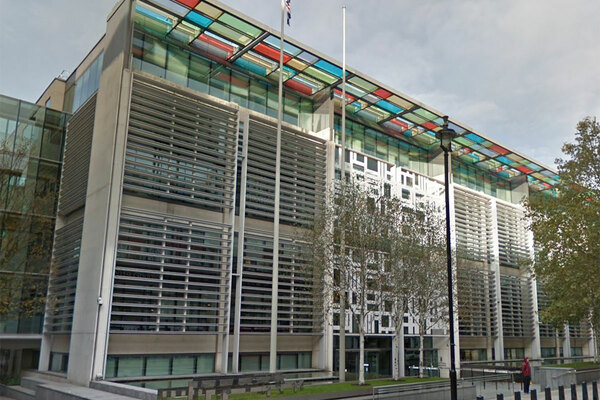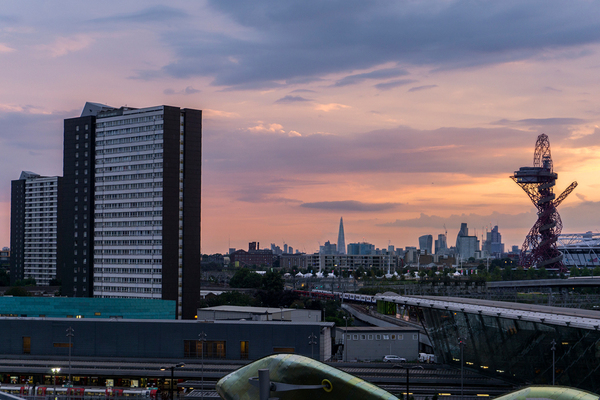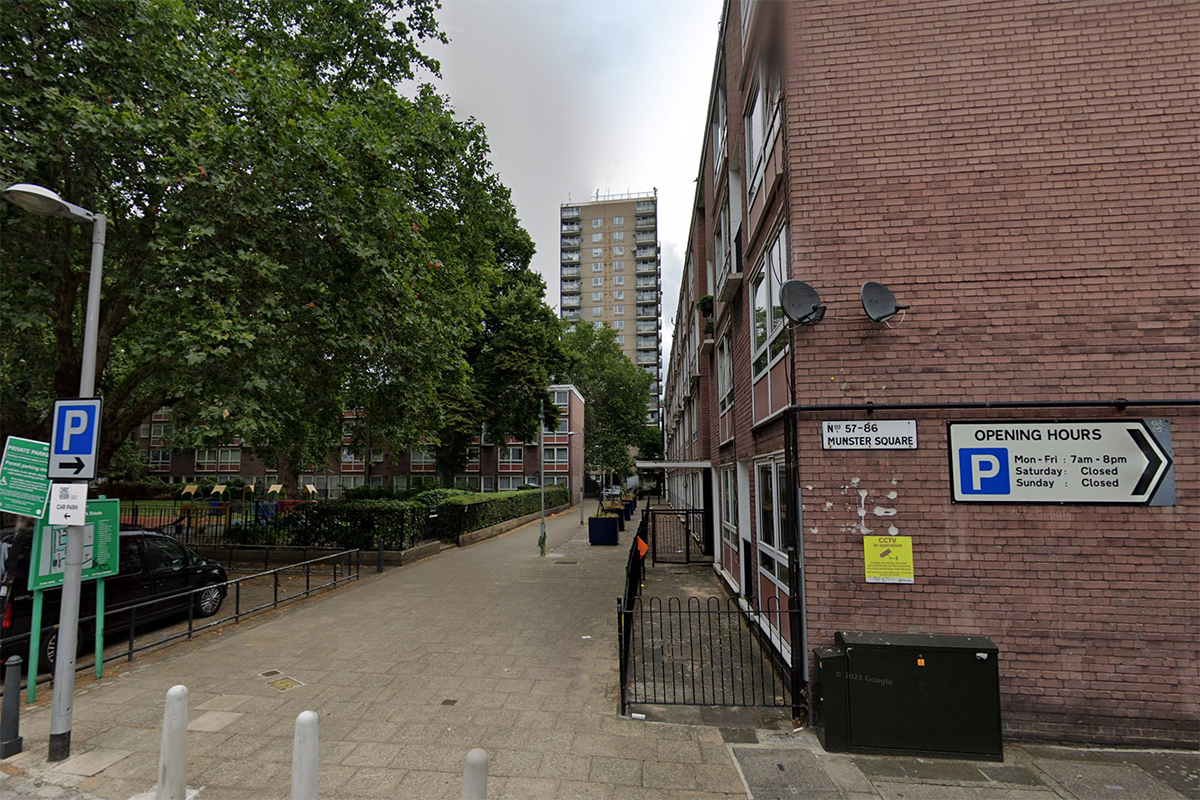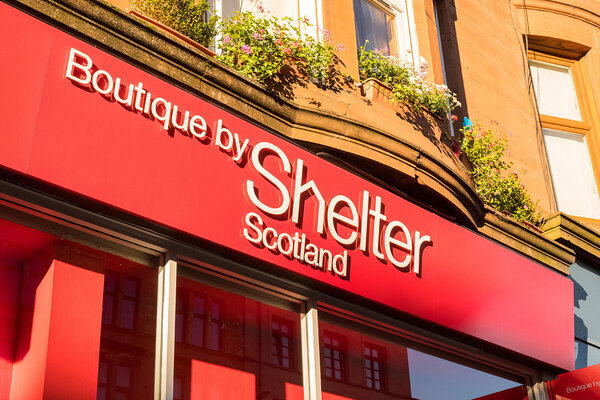You are viewing 1 of your 1 free articles
Charities warn ‘second wave’ of homeless people will need accommodation during coronavirus crisis
Charities have warned there is likely to be a “second wave” of homeless people which councils will need to find hotels or other accommodation for, following government advice that all rough sleepers must be accommodated during the COVID-19 pandemic.
Tasmin Maitland, assistant director – practice and partnerships at Homeless Link, told Inside Housing that organisations are concerned about a “second wave” of people who are in immediate risk of homelessness or are described as “hidden homeless” – people with housing needs who are not known to local authorities.
She said an example of this group may be “people who are in backpacker hostels, in dormitory style accommodation, but are not in the homelessness system because they have been able to pay for a room or a bed in a dorm and they are likely to be running out of money because their employment has dried up”.
She added: “The primary consideration is around shelters, assessment centres and the streets, but then there is that major secondary concern about new groups as we just don’t know where they are yet or how many people might be affected.”
Over the past week, local authorities across the country have been mass booking hotel rooms for rough sleepers, as the government advised that all homeless people must be accommodated throughout the duration of the coronavirus crisis.
Polly Neate, chief executive of Shelter, told Inside Housing: “If you want to move that relatively small number of people off the street, you can do that; but unless you’re addressing the other aspects of the crisis, you’re not preventing future rough sleeping or other forms of homelessness in the future.”
She added: “My real worry is the pressure on temporary accommodation and emergency accommodation, coupled with, for example, the fact that domestic abuse refuges have been cut and are full.
“So we’re seeing a pressure cooker of need and there just isn’t a safety valve. Temporary accommodation is supposed to be the safety valve for that situation, but we know that that safety valve was already in crisis.”
Last week, Inside Housing reported that homeless families and disabled individuals had been suddenly asked to leave their temporary homes as hotel chains, including Travelodge and the Premier Inn, closed hotels in response to the coronavirus pandemic.
Both the Travelodge and Premier Inn have kept some of their hotels open and are making efforts to house vulnerable people.
Click here for our in-depth piece on housing homeless people during coronavirus
More on coronavirus
To see all our coronavirus coverage to date – including the latest news, advice to providers, comment and analysis – use the link below.
Sign up for our daily newsletter
Already have an account? Click here to manage your newsletters
